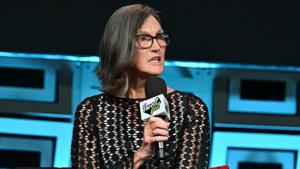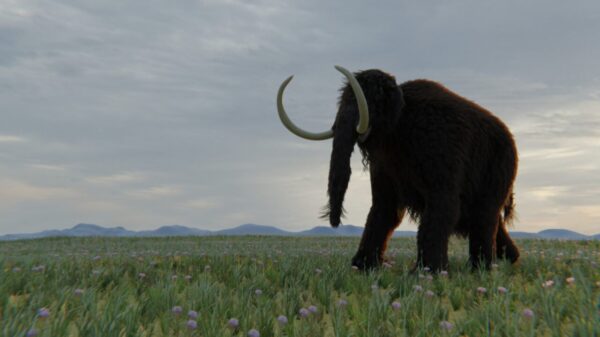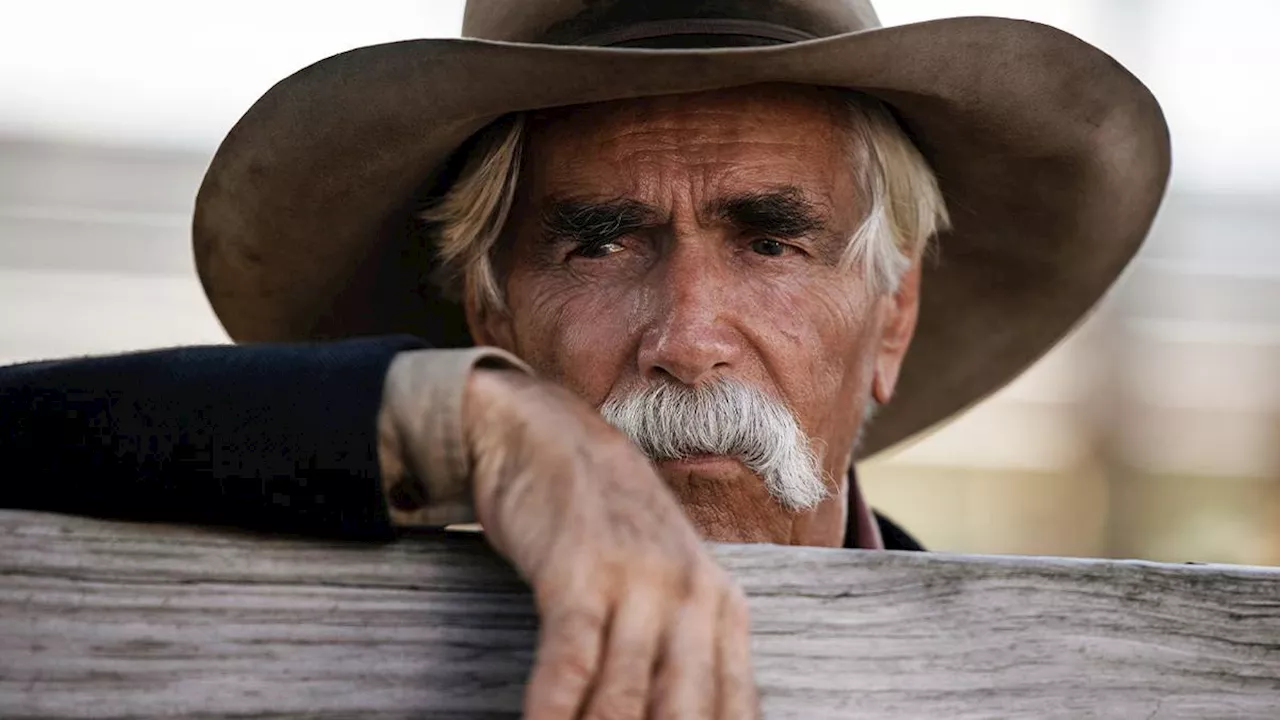Taylor Sheridan’s limited series, 1883, has emerged as a significant contribution to the Western genre, distinct from his flagship show, Yellowstone. This ten-episode series has captivated audiences with its rich storytelling and complex characters while exploring the origins of the Dutton Ranch. Centering on themes of resilience and survival, 1883 offers viewers an intimate portrayal of American history in the post-Civil War era.
The narrative follows a wagon train journey from Tennessee to Montana, led by the grizzled cowboy Shea Brennan, portrayed by Sam Elliott. Brennan grapples with personal loss and the challenges of guiding a diverse group of travelers through a treacherous landscape. The series showcases the harsh realities of westward expansion, including encounters with native tribes and the threat of bandits, all while highlighting the human experience through its ensemble cast.
Character Development and Themes
At the heart of 1883 is the character of Shea Brennan, a complex figure shaped by trauma and grief. His reluctance to lead stems not from arrogance but from a deep-seated desire to protect those under his care. As he navigates the dangers of the journey, his relationship with fellow traveler James Dillard Dutton, played by Tim McGraw, evolves. The two characters, both veterans of the Civil War, embody contrasting ideologies, which adds depth to their interactions. Brennan fought for the Union, while Dutton’s allegiances lie with the Confederacy, creating a tension that enriches the storyline.
The series also shines in its representation of women, particularly through the character of Elsa Dutton, portrayed by Isabel May. Elsa’s journey of self-discovery and leadership contrasts with the traditional roles often assigned to female characters in Westerns. Her narration serves as a guiding thread, connecting the audience to the narrative and emphasizing the importance of female voices in the story. This focus on character dynamics and development sets 1883 apart from other entries in Sheridan’s oeuvre.
A Fresh Take on a Timeless Genre
While Sheridan is known for his neo-Western storytelling, 1883 eschews revisionist themes, opting instead for a straightforward approach to the genre. The limited scope of the expedition allows for a tightly woven narrative, where each scene contributes meaningfully to character development and plot progression. Viewers are treated to a series that respects historical context while engaging with the complexities of the American frontier experience.
The success of 1883 can be attributed to Sheridan’s commitment to authenticity. The portrayal of various immigrant cultures within the wagon train adds layers to the story, navigating the challenges of communication and cooperation amidst adversity. Additionally, the series offers a nuanced depiction of native cultures, avoiding broad stereotypes and acknowledging the diversity within indigenous communities.
As a self-contained series, 1883 concludes with a sense of resolution, providing a satisfying experience for both long-time fans of the Yellowstone franchise and new viewers alike. It establishes a high standard for future projects within Sheridan’s expanding universe, including the upcoming prequel series, 1923, which features notable actors Harrison Ford and Helen Mirren.
In summary, 1883 stands as a testament to Taylor Sheridan’s storytelling prowess, combining historical accuracy with compelling character arcs. It not only enriches the narrative landscape of the Yellowstone universe but also revitalizes interest in the Western genre, proving that there is still much to explore in this classic American tale.

































































